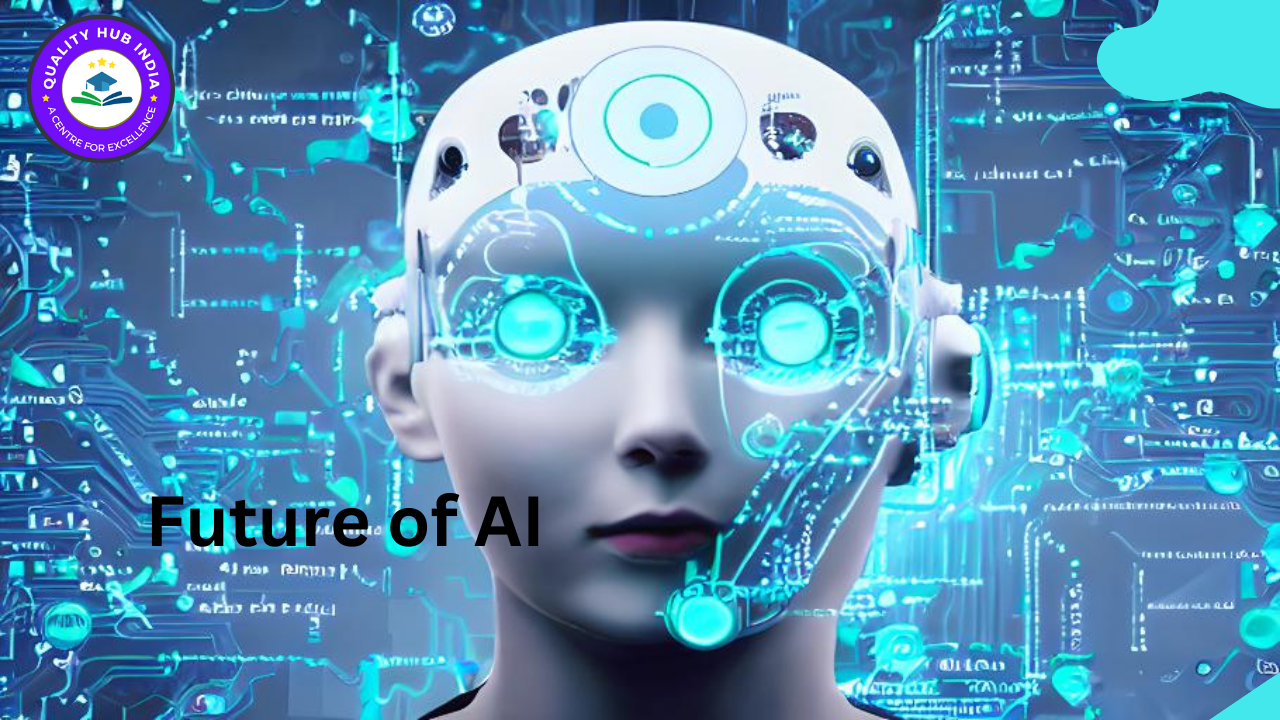Artificial Intelligence, often referred to as AI, is a fascinating field that aims to develop intelligent machines capable of performing tasks that would usually require human intelligence. With AI, computers and machines are designed to learn, reason, and problem solve, mimicking human cognitive abilities.
The Origins of AI
Artificial Intelligence has been a topic of research and development since the 1950s. It originated from the idea that machines can be built to simulate intelligent behavior. Scientists and researchers have been striving to create AI systems that can exhibit traits of human intelligence and even surpass human capabilities in certain domains.
Applications of AI
AI has found its way into various industries and sectors, revolutionizing the way we live and work. Some common applications of AI include:
- Virtual personal assistants like Siri, Alexa, and Google Assistant
- Recommendation systems used by online platforms such as Netflix and Amazon
- Self-driving cars and autonomous vehicles
- Fraud detection and cybersecurity systems
- Medical diagnosis and treatment planning
- Robotics and automation in manufacturing
The Benefits of AI
Artificial Intelligence has numerous benefits that have the potential to transform society in various ways. Some of the key advantages include:
- Efficiency and automation: AI can automate repetitive tasks, leading to increased efficiency and productivity.
- Improved accuracy: AI systems can process vast amounts of data accurately, reducing errors.
- 24/7 availability: AI systems can work round the clock without the need for breaks or rest.
- Enhanced decision-making: AI algorithms can analyze complex data and provide valuable insights to support decision-making processes.
- Medical advancements: AI in healthcare can help in early disease detection, personalized treatment plans, and drug development.

Credit: www.linkedin.com
Concerns and Ethical Considerations
While AI has incredible potential, it also comes with various concerns and ethical considerations. Some of the main issues include:
- Job displacement: The automation of tasks through AI may lead to job loss in certain industries, requiring society to adapt and find new employment opportunities.
- Privacy and data security: AI systems often require massive amounts of data, raising concerns about privacy and the potential for misuse of personal information.
- Reliability and bias: AI systems can be biased based on the data they are trained on, leading to potential discrimination or unfair outcomes.
- Accountability and transparency: As AI becomes more advanced, it becomes important to ensure accountability and transparency in the decision-making processes of AI systems.
The Future of AI
The future of AI is exciting and holds incredible possibilities. As technology advances, we can expect AI to become more integrated into our daily lives and society. Some of the future prospects of AI include:
- Advancements in healthcare: AI can revolutionize disease diagnosis and treatment, leading to improved patient outcomes.
- Smart cities: AI can be used to optimize resource allocation, traffic management, and energy consumption in cities.
- Education and learning: AI-powered systems can personalize education, making learning more interactive and tailored to individual needs.
- Space exploration: AI can assist in space exploration and research, helping us uncover the mysteries of the universe.
- Improved customer experiences: AI can enhance customer service, providing personalized recommendations and assistance.
Frequently Asked Questions Of Artificial Intelligence (ai): Unleashing The Power Within
What Is Artificial Intelligence (ai) And How Does It Work?
Artificial Intelligence (AI) refers to the simulation of human intelligence in machines, enabling them to perform tasks such as decision-making, problem-solving, and speech recognition. It works through a combination of data, algorithms, and machine learning models to analyze patterns, make predictions, and improve performance over time.
What Are The Different Types Of Ai?
There are primarily two types of AI: Narrow AI (also known as Weak AI) and General AI (also known as Strong AI). Narrow AI is designed to perform specific tasks, such as voice assistants and virtual personal assistants. General AI, on the other hand, possesses human-like intelligence and is capable of performing any intellectual task that a human being can do.
How Is Ai Being Used In Everyday Life?
AI has found its applications in various areas of everyday life, including virtual assistants like Siri and Alexa, personalized recommendations on streaming platforms, fraud detection in banking transactions, predictive maintenance in manufacturing, and even autonomous vehicles. Its implementation continues to grow and evolve across industries.
Can Ai Replace Human Jobs?
While AI has the potential to automate certain tasks, it is unlikely to completely replace human jobs. Instead, it is more likely to augment human capabilities, improving efficiency and productivity. AI is best utilized in collaboration with human intelligence, enabling individuals to focus on more complex and creative work.
Conclusion
Artificial Intelligence has come a long way since its inception and continues to evolve rapidly. With its potential to automate tasks, improve accuracy, and transform industries, AI is set to shape the future. However, it is crucial to address the ethical considerations and ensure responsible development and deployment of AI technologies. Harnessing the power of AI while considering its impact on individuals, society, and employment will pave the way for a harmonious coexistence of humans and intelligent machines.

%20Unleashing%20the%20Power%20Within.jpg)






